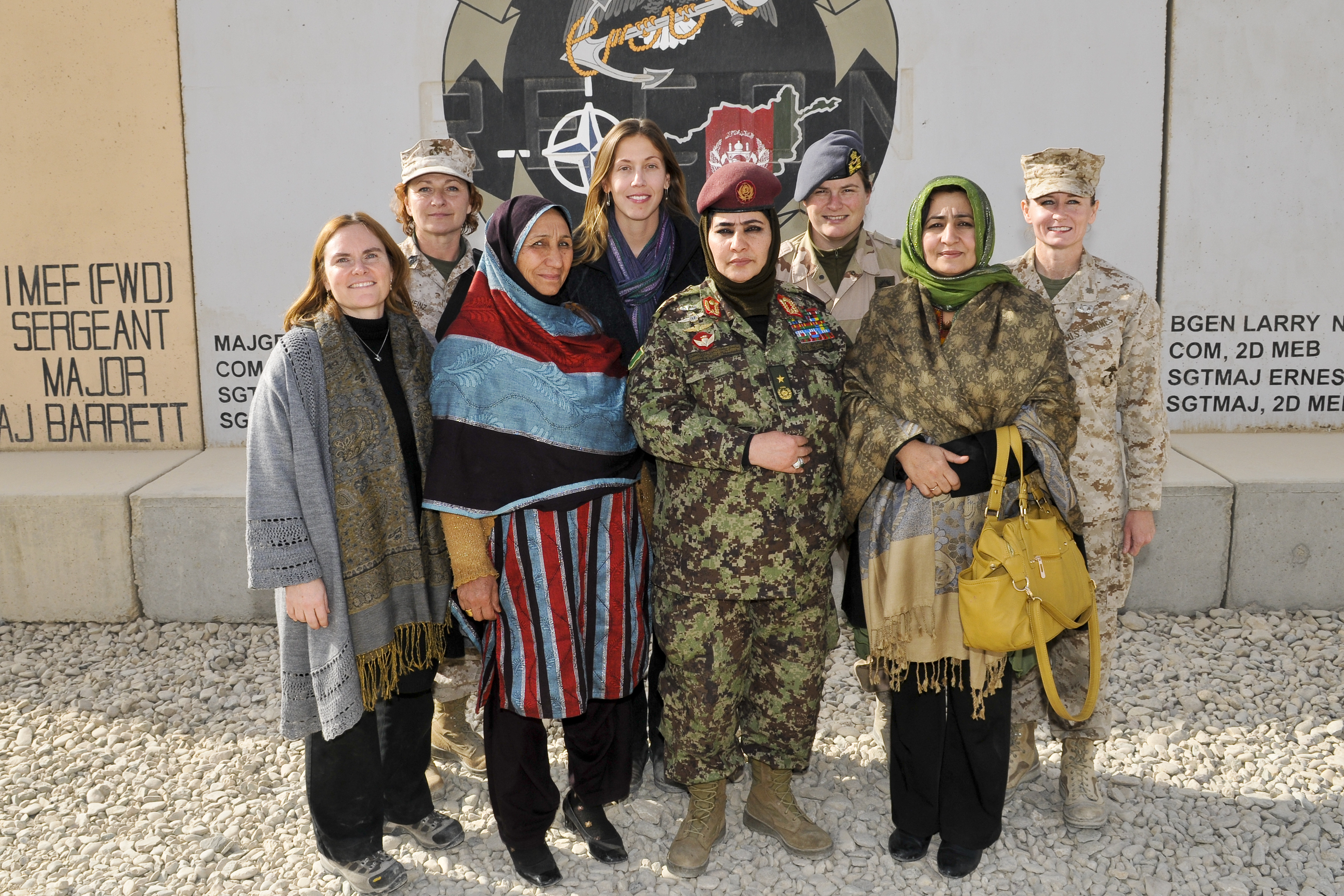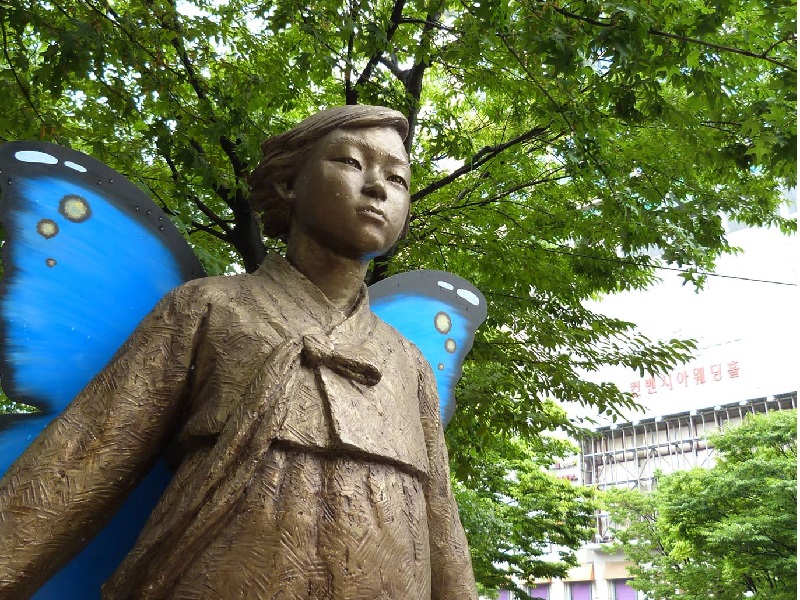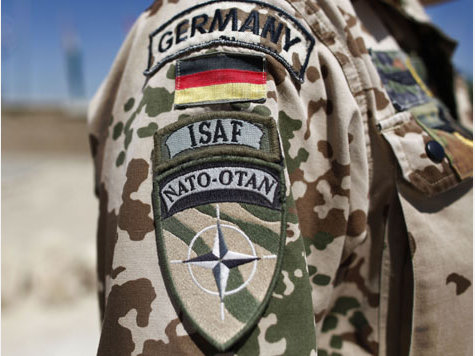UN Resolution 1325

The year 2015 marks the 15th anniversary of the passage of UN Resolution 1325. This resolution recognized the unique experience of women and girls in conflict and emphasized the significance of women’s participation in peace-building efforts. It encouraged member states to create National Action Plans in order to ensure women’s participation in conflict resolution, as well as addressing and prosecuting conflict-related sexual violence, and providing compensation for female combatants during the disarmament programs. To what extent Resolution 1325 has been effective has yet to be determined: on the one hand because of the agreement, gender-based violence in conflict has become an international concern, resulting in a number of laws aiming to increase protection of women and girls. On the other hand this increased focus by governments on sexual violence in conflict does not address the entirety of UNSCR 1325 which includes gender equality and women’s empowerment. Currently a UN-led study is being conducted to further examine the role of UNSCR 1325 and its effects on women and girls affected by conflict.
Testing the world’s commitment to UNSCR 1325
Yet, to truly evaluate states’ dedication to women’s rights there is no need to wait for a study to be published. The unfolding events in Afghanistan will be essential in determining governments’ commitments to UNSCR 1325 and women’s equal involvement in decision-making regarding peace and security of the country. In the past, Afghan women were mostly excluded from peace talks that took place between the Afghan government, the international community and the Taliban. A study published by Oxfam, “Behind Closed Doors” found that since 2005 no Afghan women were involved in negotiations led by the international community with the Taliban. They also found only two documented occasions when Afghan women were present during the talks between the Afghan government and the Taliban. However, the most recent informal talks that took place in Qatar in May, 2015, between the Afghan government and the Taliban included three women. A far cry from recent years.
More importantly, Taliban representatives expressed support for women’s participation in the public sphere, including politics, education, as well as marital and property rights. There is a catch however. The Taliban has made similar declarations in the past, but are notorious for their repressive policies towards women during their rule between 1996-2001. During this time, women were banned from schools and work places, had to be accompanied by a male chaperone outside the home and could not seek medical assistance delivered by men. Which means in practice that no healthcare was available for them since the ban on female employment and education also extended to the health sector. Women could also not participate in politics. However, since the international intervention in Afghanistan in 2001, there were steps taken to integrate women into the public sphere. The Afghan Constitution signed in 2003, outlined women’s rights, although there are different interpretations of what the constitutional provisions actually allow or require.

Security for those on the front lines
In spite of this initial progress towards women’s rights in Afghanistan, the danger is that those advances might be traded away by the current government if Afghan women do not have a seat at the table during the formal negotiations with the Taliban. The reforms that have taken place, such as opening schools for women and including women in politics, will not be solidified unless women’s voices are accounted for in the search for stability and security in Afghanistan.
Women and girls, whether on their way to school or work, continue to be attacked and threatened. According to Amnesty International’s report “Their Lives on the Line: Women Human Rights Defenders Under Attack in Afghanistan,” the Afghan government fails to protect women and implicitly allows for the impunity of their attackers. Ignorance of such issues displays a lack of interest and political will to confront women’s rights both by the Afghan government and the international community. Arguably, women’s rights were at the forefront of the international intervention in Afghanistan, and an important part of President Ashraf Ghani’s speech in March, 2015, to the U.S. Congress. It is crucial that these public commitments be implemented fully.
Given the extent of sacrifices Afghan women continue to bear alongside the strength they display, ensuring women’s participation in all decision-making concerning conflict resolution will be instrumental in addressing the security of Afghan women and guaranteeing their rights.





